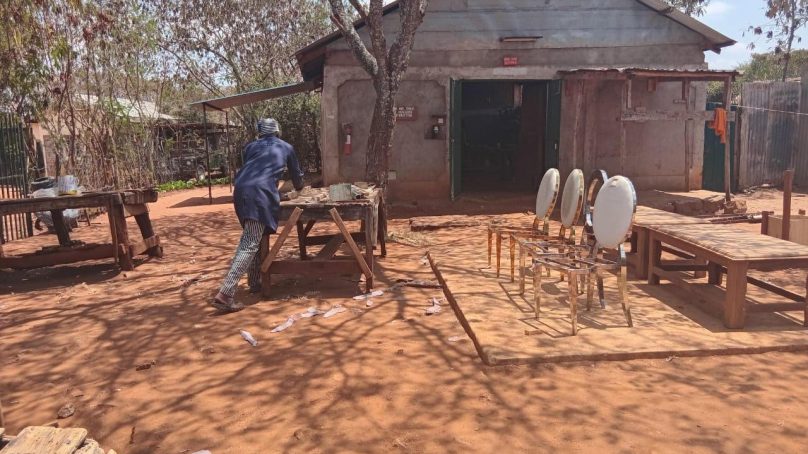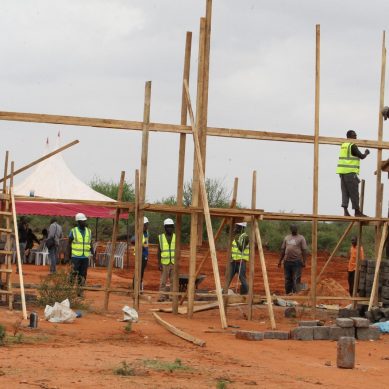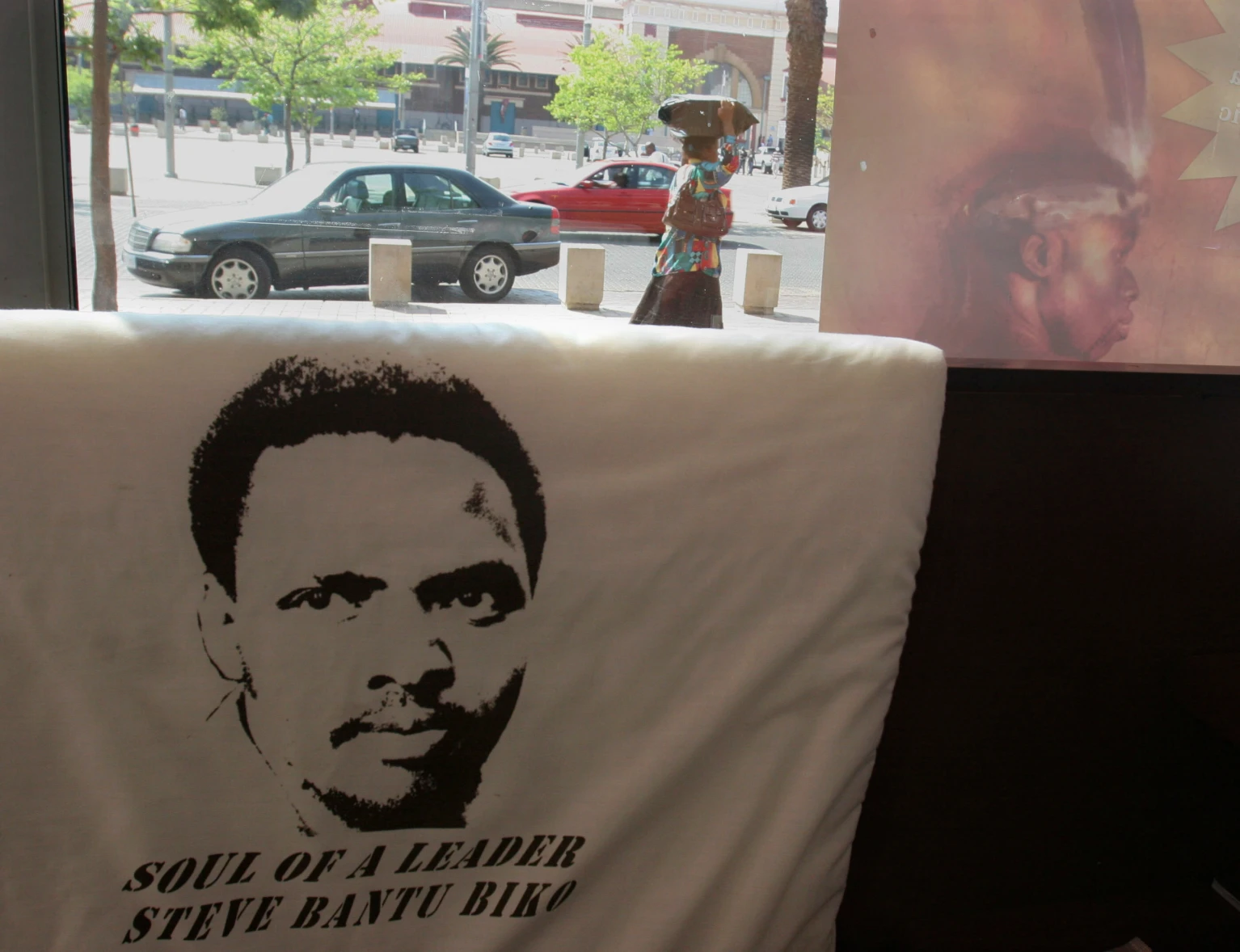
Kajiado GK Prison has carved out a reputation as a transformative facility that is and a correctional institution that is centred on offender rehabilitation and skills-building.
Beyond merely serving sentences, the prison is committed to preparing inmates for successful reintegration into society upon release.
At the heart of this transformation are the prison’s farming and furniture-making programmes. These initiatives keep inmates productively engaged by equipping them with practical skills that can support them upon their release.
Inside the prison’s carpentry workshop, the scent of fresh timber rhymes with the rhythmic sounds of saws and hammers. Here, inmates craft chairs, tables and desks from raw materials provided by the prison. Some of the furniture made is used in the facility or sometimes sold to generate income to support prison activities.
The farming programme is equally vital. Inmates rear goats and cultivate vegetables on prison land. During the dry season, an irrigation pond helps sustain the crops, while maize and beans are grown when conditions permit.
Despite challenges such as harsh weather, pests and costly farm inputs, the programme has helped reduce idleness and contributed to the prison’s food supply.
Commenting on the programmes, the officer in charge Charles Otuoro, underlined the importance of correctional facilities focusing on rehabilitation rather than punishment alone.
“Prisons are not just about custody and control, they are correctional institutions that should help offenders unlearn criminal behaviour and acquire skills to rebuild their lives after release,” he said.
In addition, he observed, prison provides necessary equipment for inmates to learn trades, even for those with no prior experience. However, he acknowledges that some inmates lack motivation to fully engage in skills learning.
“This generation is different. Despite the programmes being in place, some inmates are not interested in learning skills that can help them after prison,” Otuoro explained.
Challenges such as outdated tools and the high cost of timber have also limited the full potential of the furniture-making programme. Nonetheless, the initiative has recorded successes in providing inmates with employable skills and generating income for the prison.
Kajiado Prison may not have the most advanced facilities but its commitment to lending discipline with reformation offers a glimpse of hope. Inmates leave not just having served their time, but are also equipped with skills that could help them rebuild their lives in the outside world.
- A Tell Media / KNA report / By Damaris Nyongesa and Ivy Asamba







